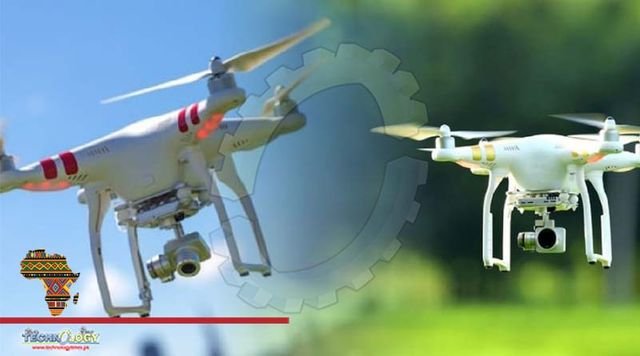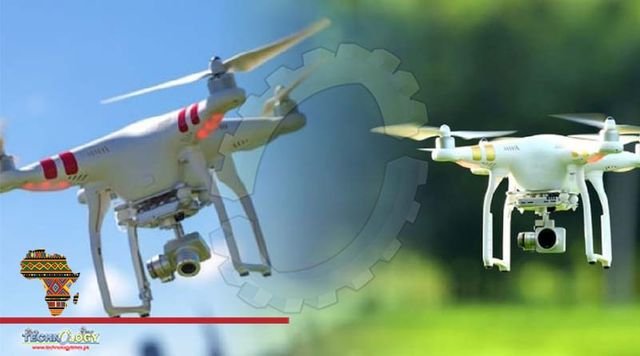Many African countries lack basic infrastructure such as hospitals, electricity, roads or equipment, Turn to the International Journal of Africans Healthcare Information Systems and Informatics found.

“In this context, there is an opportunity for tech to play a role in adding significant value to the healthcare sector in Africa,” said Daramola. In Uganda, the Wekebere lightweight belt – developed by a local company – can be wrapped round any pregnant belly in seconds to pick up vital readings from both mother and baby.
So far, 15,000 mothers have used the Wekebere app to monitor their baby’s progress and get personalised health tips. Sent remotely, the tips fit well in a new wave of arms-length healthcare that became standard practice in the pandemic.
Be it video chat or short texts linking patients to doctors, telemedicine surged in COVID-19 with everyone confined to home But innovations in telemedicine had already been growing pre-COVID for their potential to offer affordable care to far-flung communities who are short of local services or know-how.
In South Africa, the Department of Health’s MomConnect platform has reached over 2 million women, with over 500,000 messages since 2014, providing essential information to expectant mothers through a digital helpdesk.
Innovators have also used tech to cut costs for patients. Founded in Ghana in 2014, mPharma negotiates bulk prices and re-distributes medicines as needed to pharmacies and patients.
It has expanded to Nigeria, Zambia, Zimbabwe and Kenya, and also offers micro-payment options for some high-end drugs. “These innovations can make healthcare proactive instead of reactive,” said Bruno Ssekiwere, founder of Deep Learning IndabaX Uganda, an AI non-profit.
But just as the Malawi drones struggle to fly in heavy wind, rain or heat, researchers say tech is no silver bullet for a continent struggling to keep pace with a heavy health burden. “Data is a major issue, it is a bedrock of artificial intelligence,” said Daramola, explaining how health records in Africa are rarely digitised or easily accessible.
Other challenges include poor access to electricity and the internet, said Ssekiwere, while legal and ethical frameworks to guide the use of new tech is also nascent. “Who takes the credit or the blame for healthtech decisions? The doctor? Or the system?” asked Daramola.
Many tech innovators also grapple with these questions and use online community Sisonke Biotik to thrash out hot topics. The group of some 180 global members is co-authoring a research report on machine learning and healthcare in Africa.
“Talent is uniformly distributed across the planet, but opportunity isn’t,” said Chris Fourie, Turn to Sisonke Biotik’s founders. Sisonke Biotik says its value stems from the site being community-led and African-centric, with a focus on collaboration and data sovereignty.
Laws governing data sovereignty – the regulation of data by the country in which the data originates – are non-existent or precarious in many African countries, according to a Deloitte report, leaving people open to data theft or tracking.
“The healthcare space is a lot more protective over their research compared to the computer science space … so we are going to try our best to bring (collaboration) into the healthcare space wherever we can,”
Source: This news is originally published by allafrica
